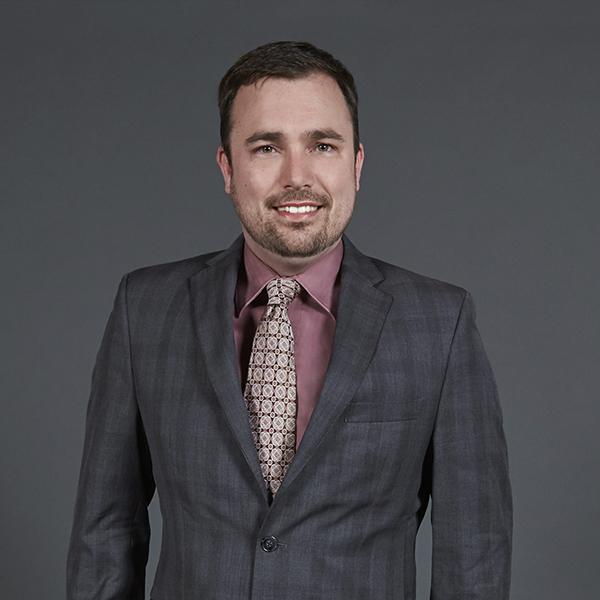
Alumni Spotlight

Alumni Spotlight
Mohawk grad Justin Fyfe is using technology to help health professionals save lives in Tanzania.
Fyfe, a software architect with Mohawk College’s mHealth and eHealth Development and Innovation Centre (MEDIC), is the developer and creator behind OpenIZ.org, a new software tool that makes it easier for healthcare
professionals to manage immunization records. A Mohawk College graduate with a diploma in software engineering, Fyfe has leveraged his education into a meaningful career where he develops open source, interoperable solutions for governments and companies from around the world.
In 2015, Fyfe and the team from MEDIC began work on the Bill and Melinda Gates Foundation-funded Better Immunization Data pilot project to help create a healthcare database for families in Tanzania. He returned to Tanzania in April 2016 - this time to partner on a project with the Tanzanian Ministry of Health and Social Welfare, Intrahealth International, and international non-profit PATH- to fully implement the open immunization platform that he designed.
OpenIZ is a scalable platform that allows regions across the globe to perform, forecast and track immunizations from cradle to grave. It allows healthcare providers to move beyond paper-based solutions, providing real time information about immunizations, giving healthcare officials a flexible way to review and use health information to forecast scheduled immunizations, understand immunization patterns and gaps, and place precise orders of vaccine stocks.
It’s a challenging project. The registry has to work with paper records that move by motorbike courier between remote villages, millions of vaccination cards that remain with the parents of children, migrations and emergencies,and also manage stocks of medical supplies.
Where there is electricity and large numbers of patients -- in the cities, or district health centres -- vaccinations can be registered with a computer or tablet. In remote areas, with no or only erratic electrical supply, registration can be done with ‘bubble paper.’ Vaccination and other health information is recorded as filled-in circles on standard forms, and the data is captured via scans with mobile phones or simple devices.
All the data must converge, says Fyfe, in a way that children can be included and followed accurately in the national immunization registry, and critical data can flow back to front-line workers and facilities to keep vaccines on schedule and coverage complete.
“Vaccination is not immunization,” says Fyfe. “Vaccines are a medicine. They have to be timed right, given in a proper sequence, and follow a schedule to be effective.”
The goal in Tanzania is to use the platform Fyfe built to track vaccination schedules for up to 50 million people. While that may sound like a large number, it’s just the tip of the iceberg of what the software is capable of doing. Fyfe says the platform can support up to 80 other countries, and there are plans to implement it within the next few years in Kenya and the Philippines.
Closer to home, Fyfe has developed software tools such as the Shared Health Record (SHR), Audit Repository (AR) and Client Registry (CR) reference implementations that were used to develop eHealth Ontario’s Innovation Lab in 2016. The online Innovation Lab is fostering EHR innovation across Ontario by allowing developers to verify the usability of new products using the structure and composition of the EHR. The innovation lab offers an environment for both current and prospective developers to innovate, invest, and embark on new entrepreneurial ventures that will help transform patient care in the province.
By: Sean Coffey
This story was originally published in Fall 2016 of the Mohawk Alumni In Touch magazine.
When Témo Cruz enrolled in Mohawk College’s Architectural Technology Program, he never imagined it would introduce him to the world of shipping con
Mohawk alumnus Greg Gagnon has “it”. Expertise, character and passion that have led to two high esteemed awards.
After graduating from Mohawk College's Recreation and Leisure program, the world called, and Iuliana Raducanu answered.